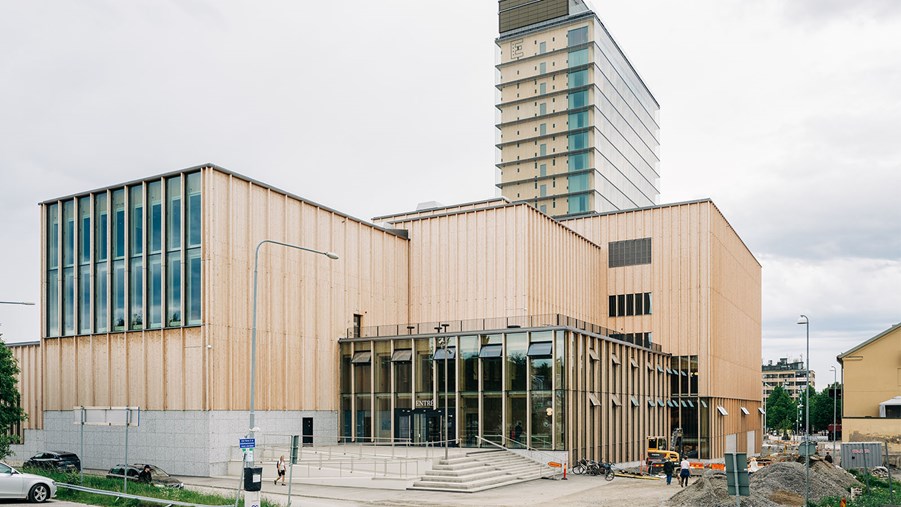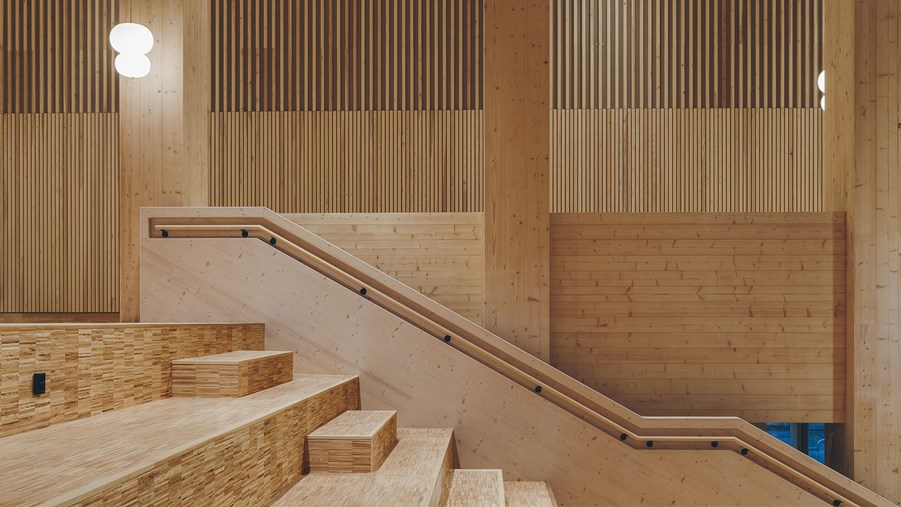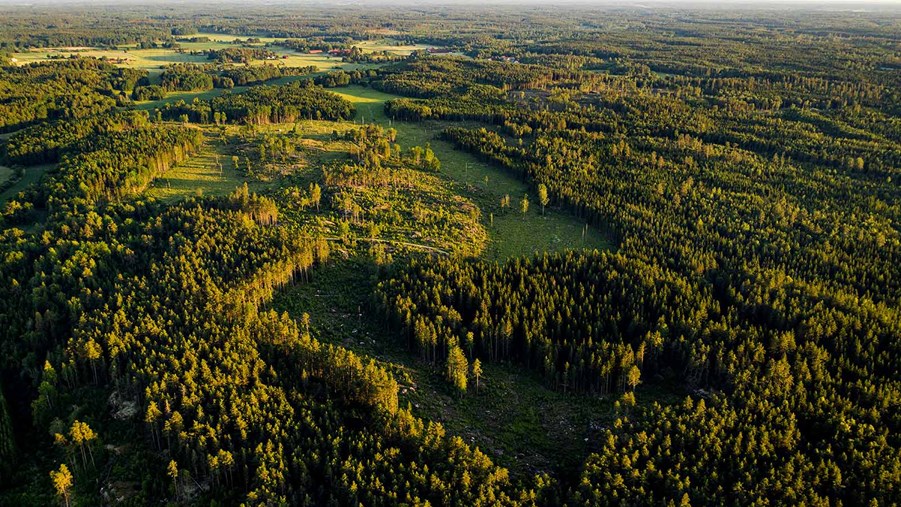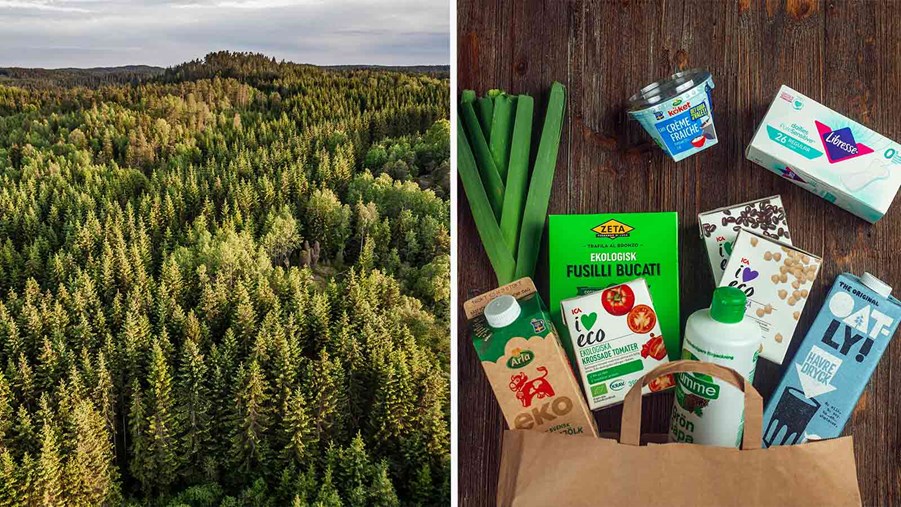What is substitution, and what does the substitution effect mean? And how can products and materials from the forest help mitigate climate change? Find out more about how we can help the climate by increasing our use of wood products.
Substitution
-
Substitution means replacing or exchanging something for something else. In the climate context, the term is used to illustrate the elimination of fossil emissions when bio-based raw materials are used instead of oil in our materials and fuels. Bio-based raw materials include wood, pulp, paper and cardboard.
Find out more about products, materials and fuels from the forest.
-
The substitution effect is the climate benefit that occurs when wood-based products and fuels replace products and fuels that are made from oil or require a lot of fossil-based energy to produce. Wood-based products are renewable and bio-based, and cause no – or very low – fossil emissions.
-
This is done by calculating the amount of greenhouse gas emissions that can be avoided. The first step is calculating, for each product category, the amount of emissions that an alternative product would emit in achieving the same function as the wood-based product. This produces a factor showing the amount of emissions, in tonnes of carbon dioxide equivalents (tCO2e) that are avoided per unit of wood in the wooden product, also expressed in tCO2e. As an example, one cubic metre of sawnwood corresponds to approximately 1 tCO2e and can avert emissions of around 1.2 tCO2e (from fossil fuels and cement).
The next step is to multiply this factor by the number of products delivered, to calculate the amount of emissions avoided for the entire product category. Finally, all product categories are added together to produce the total amount of greenhouse gas emissions avoided.
Companies and organisations can use the ISO standard series ISO 13391 to assess and report the climate benefit of wood-based products – read more about the standard on the Swedish Institute for Standards (SIS) website here.
-
Climate change is caused by the large amounts of fossil emissions produced by human activity. Halting this trend requires that we reduce fossil emissions.
Minimising the extraction of oil and its use in materials and products is a key part of this. Some oil-based materials and products can be replaced by bio-based materials such as wood. The substitution effect accounts for over half of the climate benefits of wood-based products, according to assessments. Other climate benefits are created by carbon sequestration in growing forests and forest-based products.
-
Yes. Wood has amazing properties that enable the production of materials as hard as steel and as soft as plastic and cotton. Forestry can potentially supply increasing amounts of raw materials to industries that currently manufacture products from fossil oil. In biorefineries, forest raw materials can be refined and materials produced for vehicle fuel, bioplastics, textiles and many other products.




